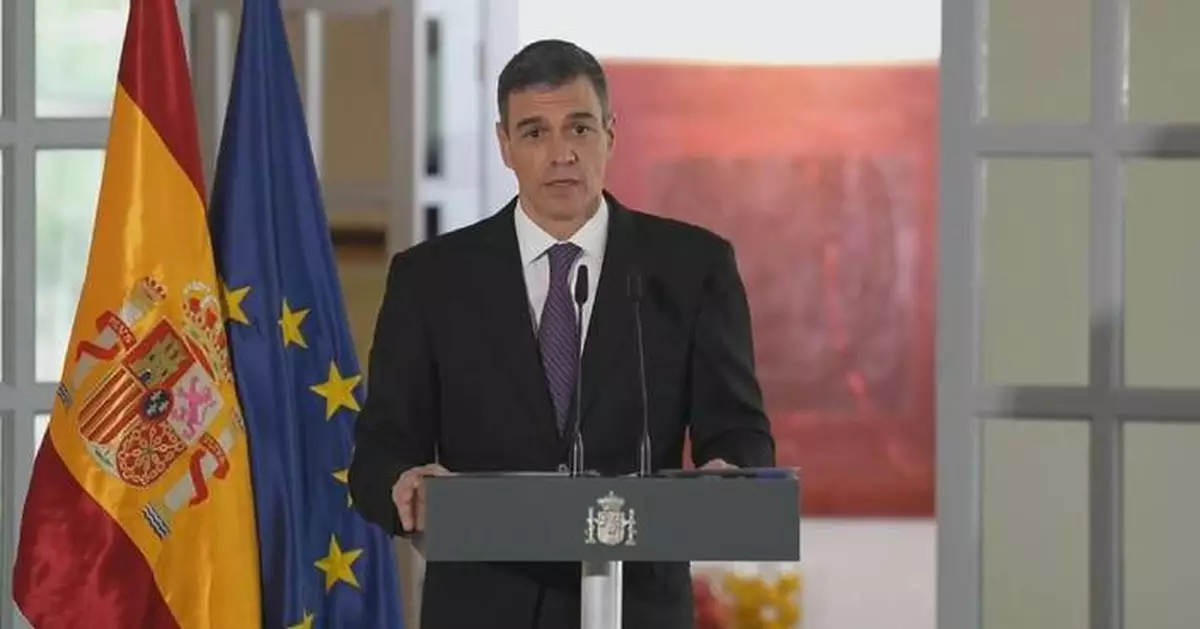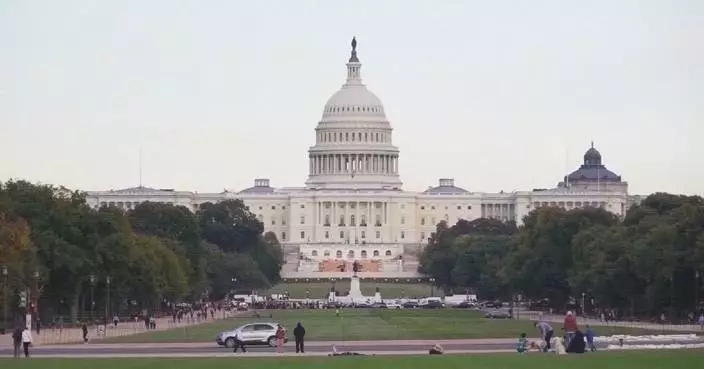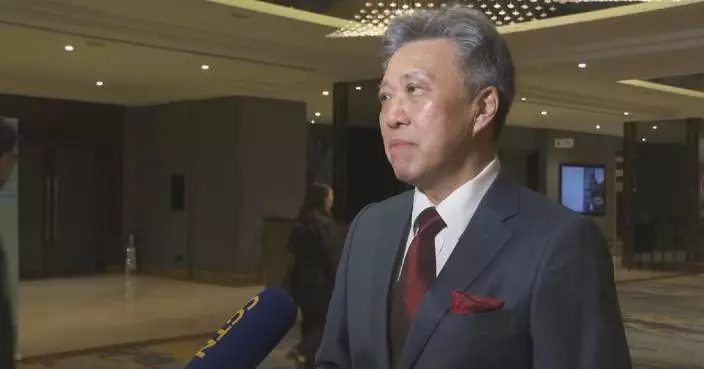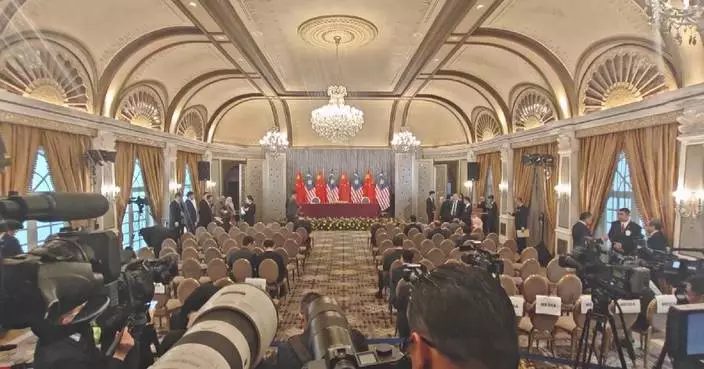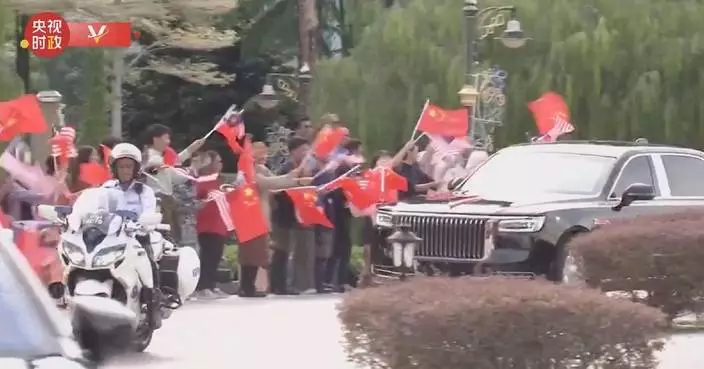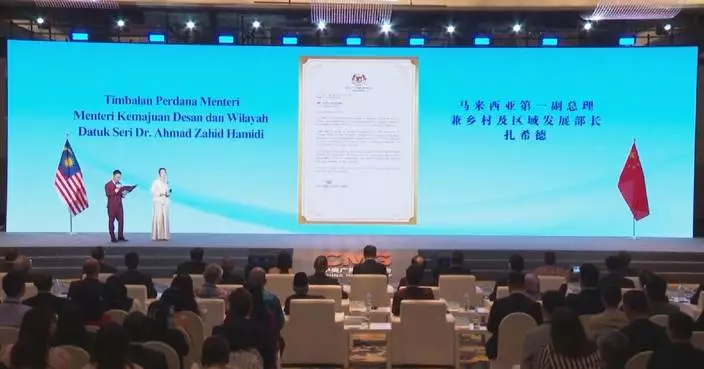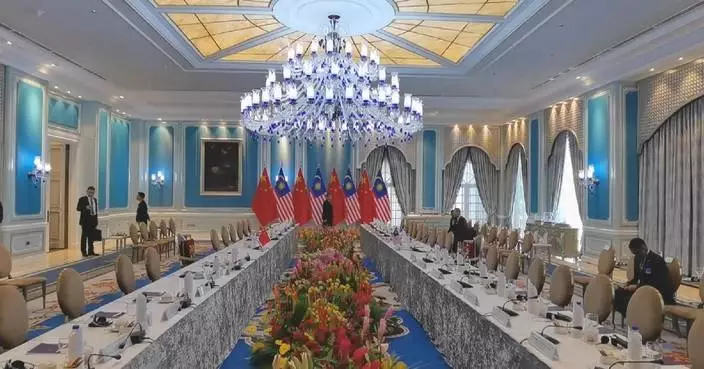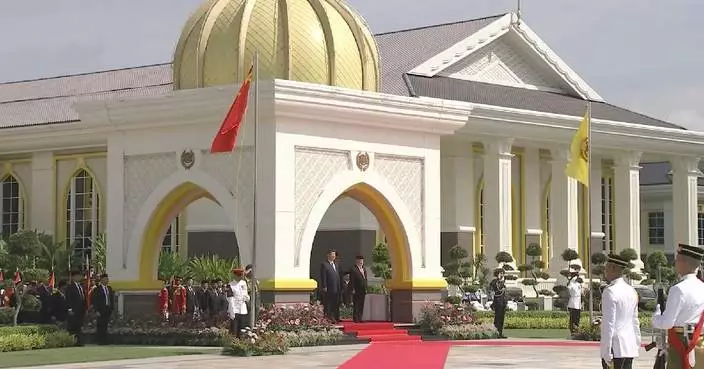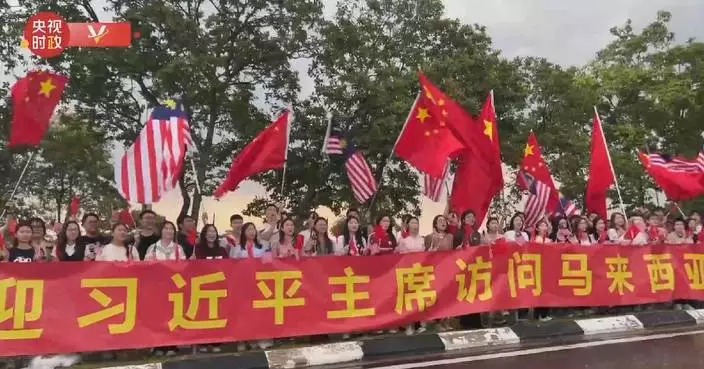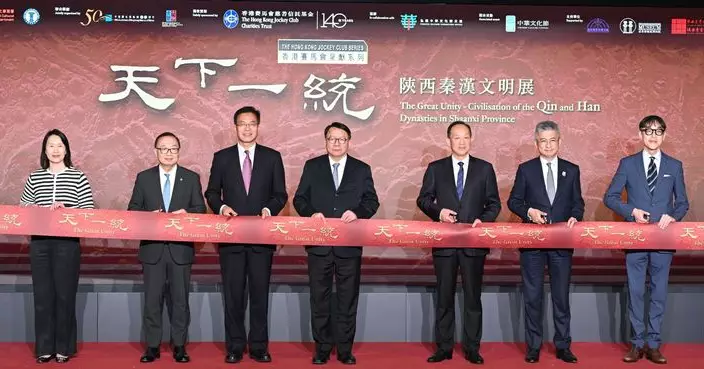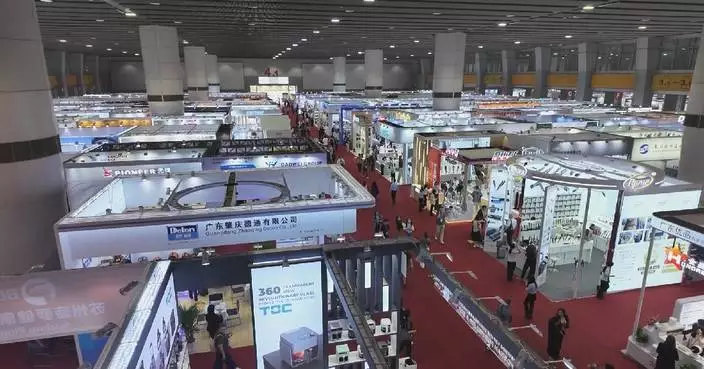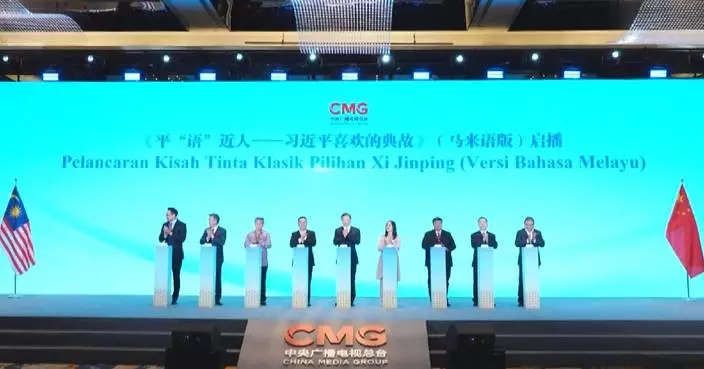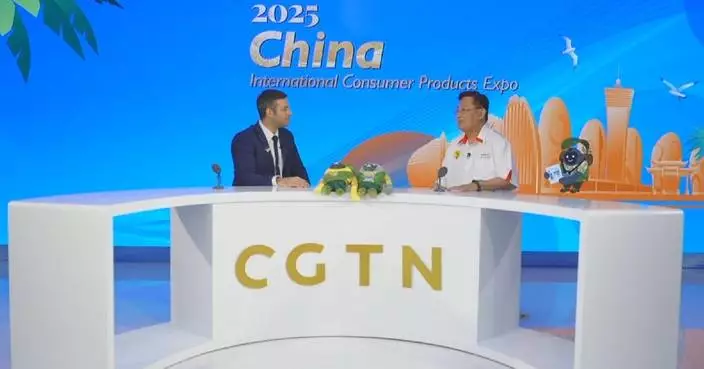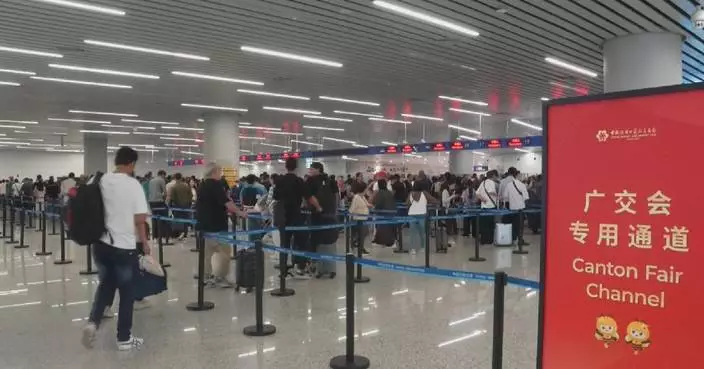Spanish Prime Minister Pedro Sanchez on Friday said that he expects "intense" negotiations between Europe and the United States during U.S. President Donald Trump's 90-day pause on the so-called "reciprocal" tariffs.
Sanchez said so at a press conference in Beijing during his visit to China after Trump's tariff pause announcement on Wednesday.
"I'd like to remind everyone that the U.S. government's 90-day tariff pause did not remove the 25 percent tariffs on European steel and aluminum, or the 25 percent tariffs on cars manufactured in Europe. So we must realize that there will be intense negotiations during this 90-day period," said the Spanish prime minister.
Sanchez landed in Beijing on Thursday for a two-day visit to China, during which he met with Chinese President Xi Jinping and Chinese Premier Li Qiang.
Noting that the European Union (EU) is committed to open and free trade, upholds multilateralism and opposes unilateral tariff hikes, Sanchez said there was no winner in a trade war during his meeting with Xi.
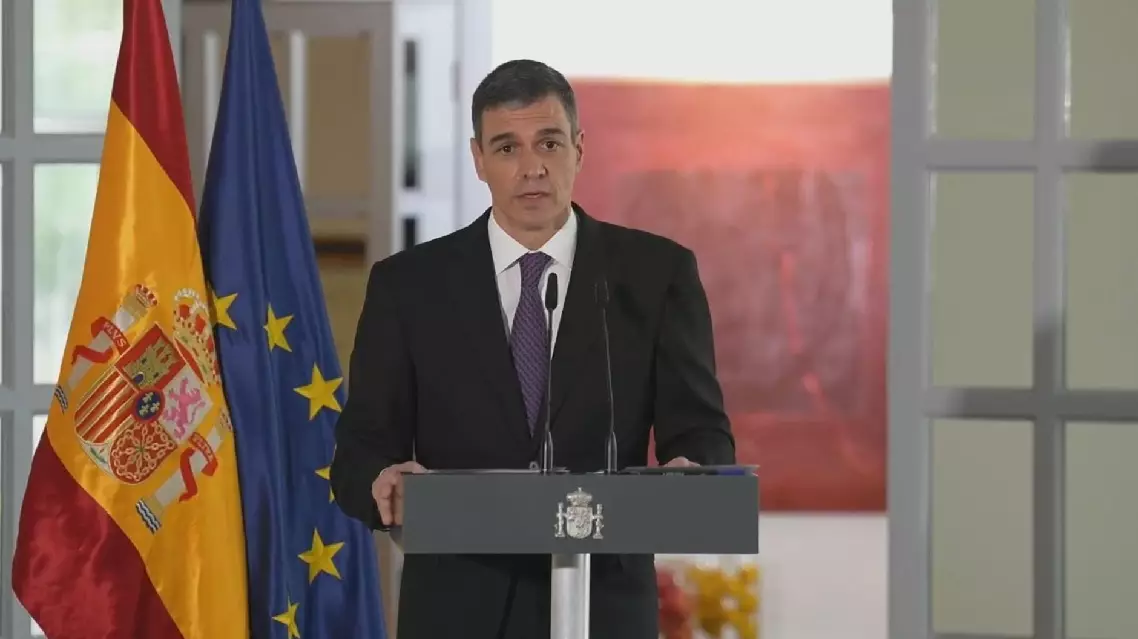
Spanish PM expects "intense" negotiations during 90-day US tariff pause
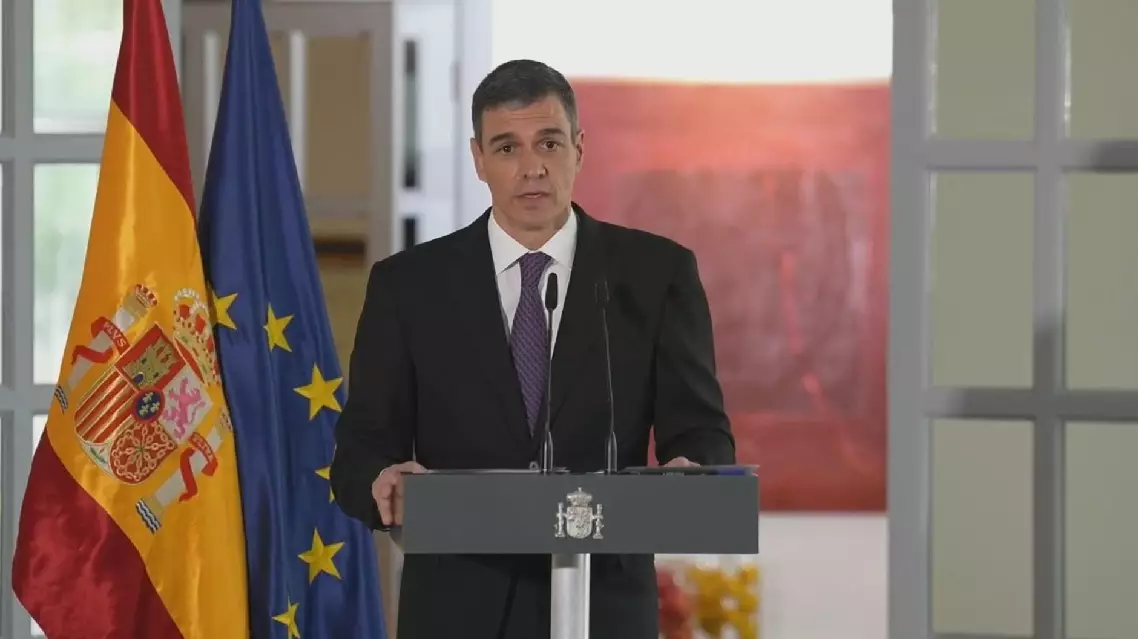
Spanish PM expects "intense" negotiations during 90-day US tariff pause
A Chinese military spokesperson on Wednesday condemned a recent U.S. assessment report for its irresponsible remarks on China, saying that smearing China cannot help remove the U.S. label as the empire of hacking.
Zhang Xiaogang, spokesperson for the Ministry of National Defense, made the remarks while responding to a media query concerning the 2025 Annual Threat Assessment released by the U.S. Office of the Director of National Intelligence, which claims that China is the biggest military and cyber threat for the U.S., and that the Chinese military likely will use large language models for information operations to generate deceptive content.
The United States often accuses others of actions it itself has taken or is currently engaged in, Zhang said, adding that it is not only the main source of cyber attacks against China but also a well-known global cyber threat.
"From the case of WikiLeaks to the incident of Edward Snowden, from the 'Stellar Wind' surveillance program to 'Operation Telescreen' (the Bvp47 backdoor program), the U.S. has been doing whatever it wants to do in cyberspace, resorting to every extreme measure for surveillance, espionage and attacks, leaving behind a disgraceful and shameful track record," Zhang charged.
"Smearing China can not help remove the U.S. label as the 'empire of hacking'. We require the U.S. side to stop acting like a thief crying 'stop thief', cease cyberattacks against other countries around the world, including China, and act responsibly to ensure a clear and secure cyberspace for all of humanity," said the spokesman.
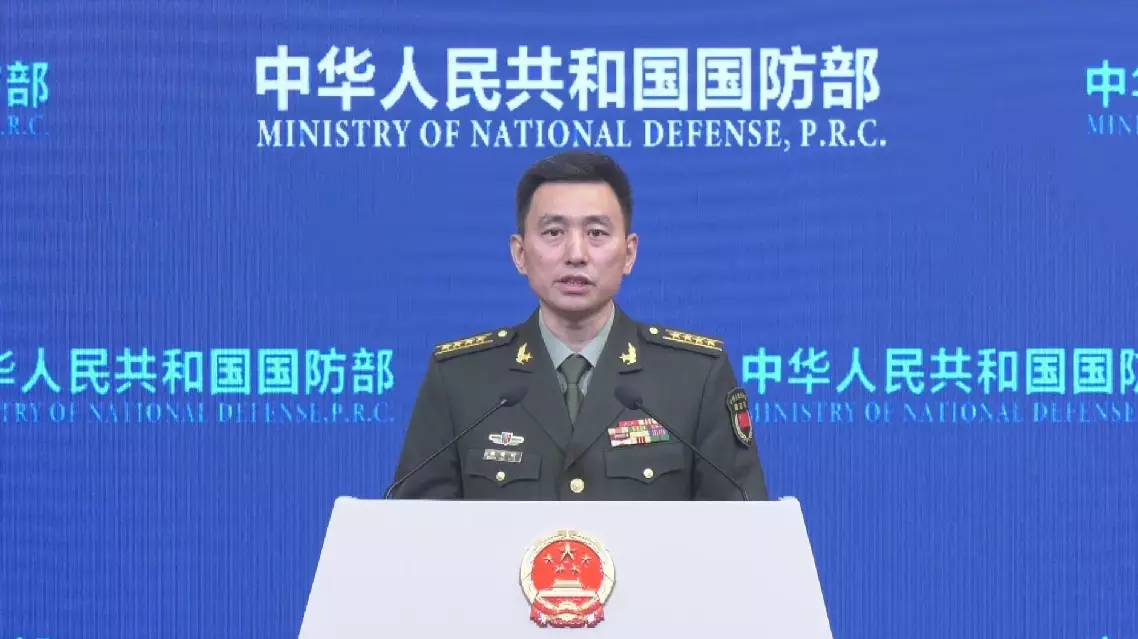
Smearing China cannot help remove U.S. label as empire of hacking: defense spokesperson




